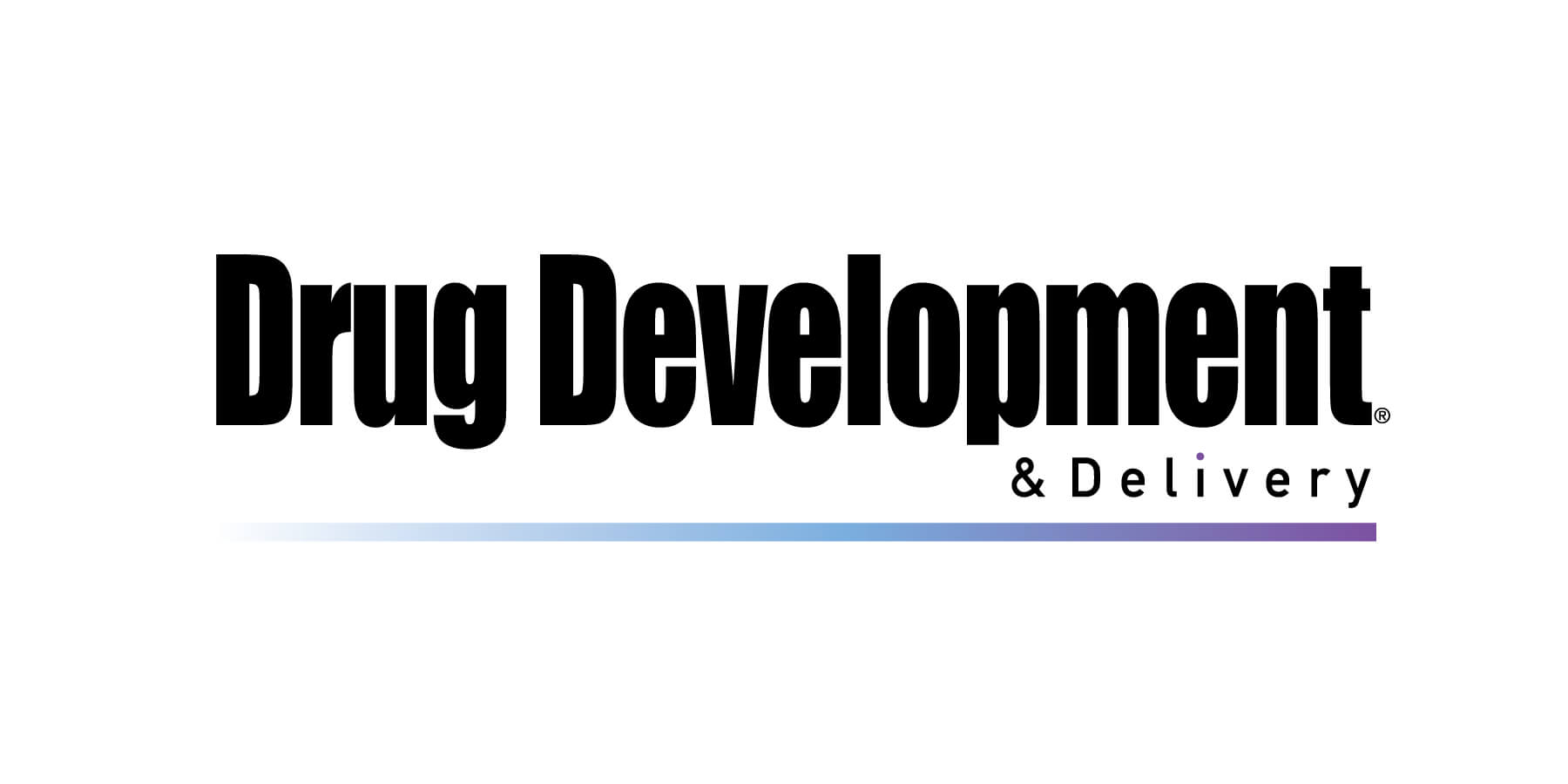Drug development has changed significantly throughout the past 2 decades – including great leaps forward in areas from drug discovery to personalized medicine. All would agree that any patient is better treated now than 20 years ago.
Despite the real and valiant progress, however, the industry is still seeking ways to reduce clinical development costs, timelines and failures. New drug types and personalized medicine is driving increased complexity, but the inability to demonstrate adequate safety or efficacy is the most prevalent and difficult obstacle.
In this Drug Development & Discovery article, Cognivia CEO Dominique Demolle, PhD, and CBO Erica Smith, PhD, attribute this challenge to variability – or “noise” — in clinical trial data resulting in part from interpersonal differences in response to treatment.
Patients are complex beings with highly variable biological – and psychological – makeups, yet only biological characteristics have traditionally been considered when analyzing clinical trial data. Taking a more holistic, patient-centric approach by considering patients’ individual psychology, perceptions, and beliefs provides drug developers the opportunity to quantify these interpersonal differences between patients and address this source of variability in data analysis and interpretation.In the full article, “Cracking Down on the Rising Costs of Drug Development: How Pinpointing the Complexity of Individual Patients Can Improve Success Rates,” Demolle and Smith explore the challenges clinical trials are facing and ongoing initiatives targeting trial conduct efficiency. They also provide a case study of a patient-centric approach to reducing the impact of placebo response on clinical data analysis.
Read the full article here – Page 60, June 2022 Issue.

